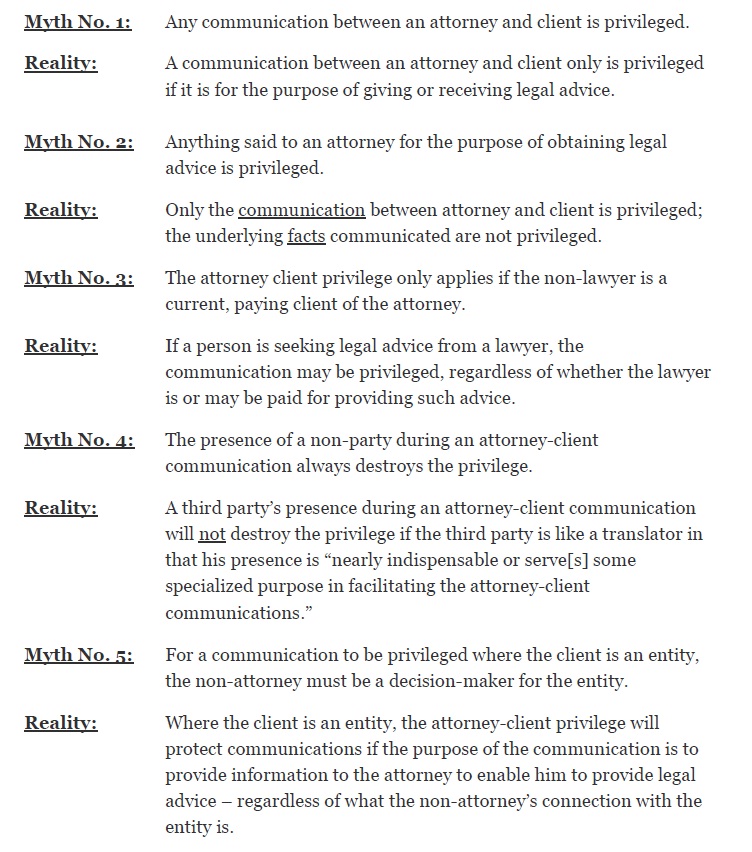 The Director of the Office of Federal Contract Compliance Programs (OFCCP), Patricia A. Shiu, just announced that prior voluntary guidelines and compliance standards for federal contractors and subcontractors to comply with equal pay obligations will be rescinded, effective February 28, 2013. The OFCCP will be instituting new procedures which, in effect, would broaden the scope of OFCCP’s investigations and allow OFCCP to “use every enforcement tool at its disposal to combat pay discrimination.”
The Director of the Office of Federal Contract Compliance Programs (OFCCP), Patricia A. Shiu, just announced that prior voluntary guidelines and compliance standards for federal contractors and subcontractors to comply with equal pay obligations will be rescinded, effective February 28, 2013. The OFCCP will be instituting new procedures which, in effect, would broaden the scope of OFCCP’s investigations and allow OFCCP to “use every enforcement tool at its disposal to combat pay discrimination.”
In connection with its new efforts to remedy pay discrimination, the OFCCP issued Directive 307, setting forth the procedures for OFCCP contractors to review contractor compensation systems and practices. The OFCCP also issued helpful “FAQs” to assist in navigating through the Directive and will be providing webinars to assist contractors with compliance.
We have a few of our own FAQs which may be helpful to employers and in-house counsel:
Q: Does this apply to my company?
A: If you are an employer with federal service or supply contracts or subcontracts that exceed $10,000 or that will (or can reasonably be expected to) accumulate to more than $10,000 in any 12-month period, you are required to comply with Executive Order 11246, Section 503 of the … Keep reading




